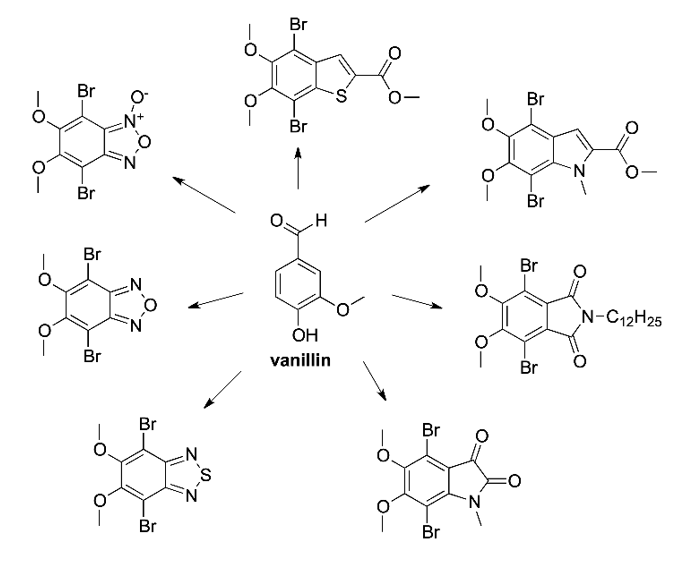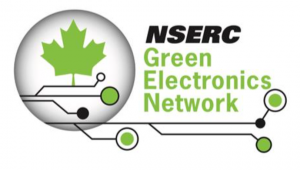Biosourced Polymers for Organic Electronics
Leader :
- Dr David Gendron, Ph.D, Chemist
Associates :
- Pr. Mario Leclerc – Université Laval
- Pr. Mujeeb U. Chaudhry – Durham University (UK)
- Pr. Ardalan Armin – Swansea University (UK)
- Dr. Pierre Baillargeon – Cégep de Sherbrooke
Participants :
- Louis-Philippe Boivin – PhD Student in chemistry – Laval University
- William Dupont – PhD Student in chemistry – Laval University
- Jérémie Abran, CEGEP Student (Sciences) – Cégep de Thetford (2020-2022)
- Alice Claveau , CEGEP Student (Laboratory Techniques) – Cégep de Jonquière (2023)
We live in a world where electronics are so well integrated in our lives that it would be hard to imagine a single day without the support of modern technology (cell phones, LED screens, cameras, etc.). These electronic products have become essential tools in our daily routine. A drastic change in the way we exploit resources and manage electronic waste is required to minimize the negative impacts on our environment. In this sense, organic electronics (the branch of modern electronics that deals with organic materials such as small molecules and conjugated polymers with desirable electronic properties) represents a promising alternative to traditional inorganic electronics.
Thanks to sustained research efforts over the past 30 years, these carbon-based materials are now used in organic light-emitting diodes (e.g., Samsung cell phones), in organic transistors and in organic photovoltaics. These semiconductor materials bridge the gap between electronics and soft matter. Also, they can be easily chemically modified according to the needs of the target application. Finally, they possess unique advantages that allow them to combine flexibility and mechanical robustness, safety and ionic or electronic conductivity. In an effort to eliminate electronic waste, materials from renewable sources that can be recycled are being sought. To address these issues, this project proposes the design and synthesis of innovative polymeric materials made from renewable sources (example with vanillin).
Articles
- D. Gendron, Vanillin: A promising biosourced building blocks for the preparation of various heterocycles, Frontiers in Chemistry, 2022, DOI: 10.3389/fchem.2022.949355
- P. Boivin, W. Dupont, M. Leclerc, D. Gendron*, Biosourced vanillin-based building blocks for organic electronic materials, J. Org. Chem, 2021, DOI: 10.1021/acs.joc.1c01869
Open access publications were made possible by the PADRRC program.
Posters
- L.-P. Boivin, W. Dupont, M. Leclerc, D. Gendron, Design and synthesis of biosources conjugated polymers, 7th Green and Sustainable Chemistry Conference, May 2023
- L.-P. Boivin, W. Dupont, J. Abran, M. Leclerc, D. Gendron, Vanillin-based heterocycles: Biosourced building block for organic electronics, AUCOAS 2022, December 2022
- L.-P. Boivin, M. Leclerc, D. Gendron, Forest biomass building blocks for energy conversion materials, ACS Spring 2021 Meeting, Avril 2021 (poster)














